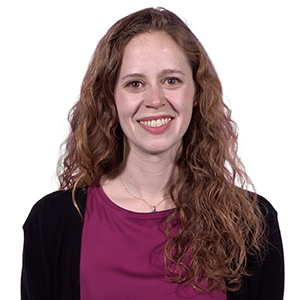Darienne Myers received her Bachelor’s Degree in Biology from Amherst College. After this, she worked as a research assistant in Dr. Fred Alt’s lab in Boston, MA, where she first became excited by Immunology research. Darienne then pursued a Ph.D. in Biomedical Sciences with a focus in Immunology at the University of California, San Francisco (UCSF). There, she studied how signaling pathways in T cells are tightly controlled to prevent these T cells from attacking and damaging our own healthy tissues. Darienne is also interested in science communication and writes scripts for Youreka Science, a company that produces educational whiteboard videos. In her free time, Darienne enjoys cooking, traveling, and takes boxing classes.





